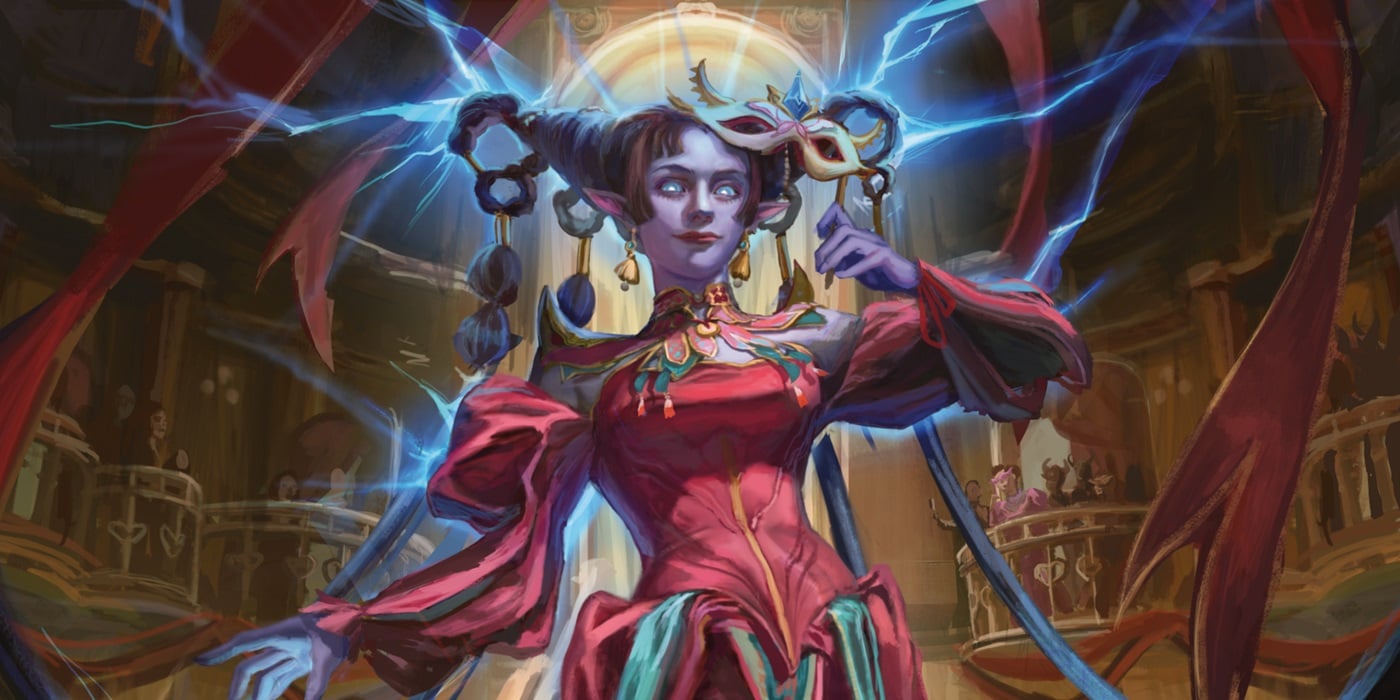How To Get Better At Playing D&D In Five Easy Steps

Want to get better at playing D&D? Here a few things you can do to level up your game. But first, what does that even mean?
One of the things you hear when hanging out with D&D folks, usually at tables with new players, and on occasion when the community vibe swings positive in a forum, subreddit, or discord server, is the question of ‘how do I get better at playing D&D?’ And that’s a loaded question, for a lot of reasons.
For one, what does being better at D&D even mean? There are a lot of ways to take it – you could mean getting better at knowing the rules or putting together powerful combos or playing a character. D&D is a lot of things to a lot of people, and no one single answer is correct.
But I think one common denominator among the various flavors is the idea of being more comfortable with D&D. Because a lot of times what makes it feel hard is either a lack of knowledge (you’re always looking up the rules) or not feeling like you can play a character, either mechanically or roleplaying. So one way to get better, no matter what you’re trying to do, is to increase your comfort/familiarity with D&D. Here’s a few ways you can do that – and if you’re looking to get “better” at D&D, hopefully this helps!
Know The Rules
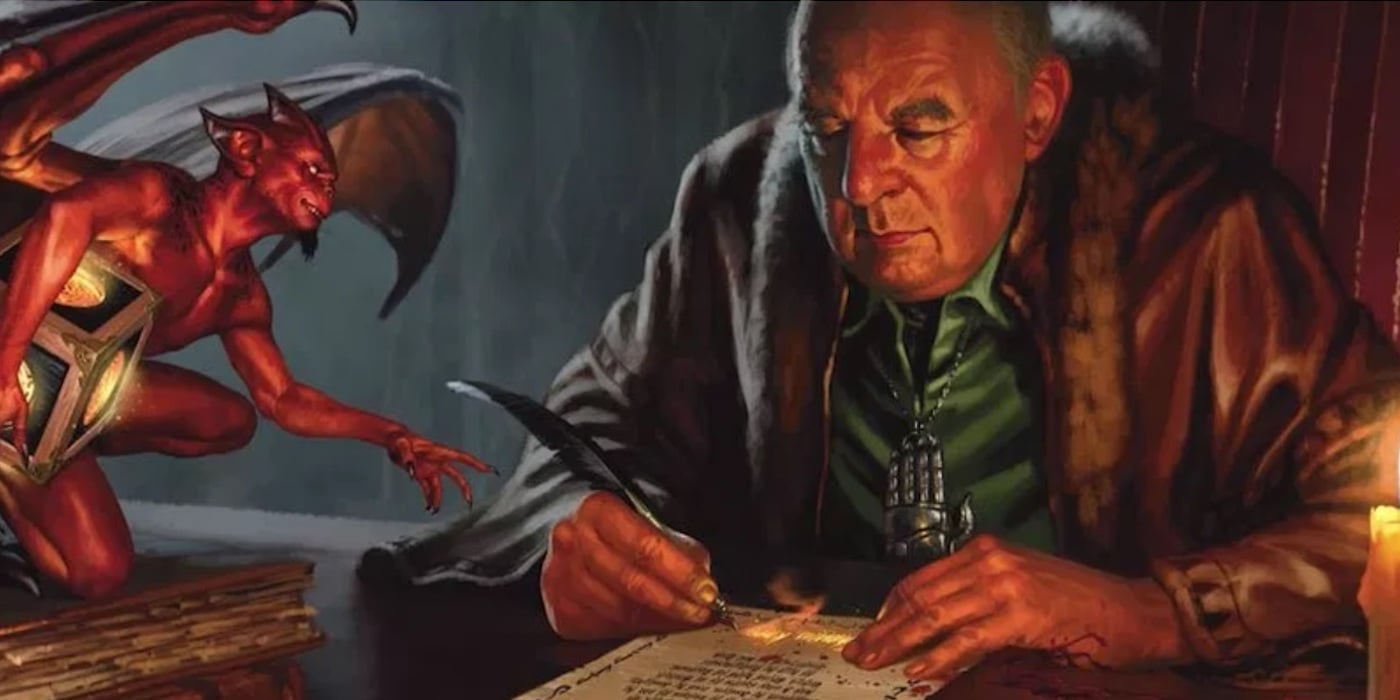
One of the easiest ways to “get better” at D&D is to just learn the rules. You don’t have to memorize the Player’s Handbook or anything. But getting down a few core concepts can really help get over that hurdle of not knowing what you’re supposed to do.
If you’re a total newbie, then it’s probably a good idea to start with the basics. Know what your Proficiency Bonus is and what rolls you add it to. Sure it’s nice to know you add it to attack rolls. But also it’s good to know what saving throws you are proficient in, what skills you know, and what tools you know. There’s another thing. Learn what the various checks are. And saves.
If you’re more experienced, you might try to grasp more of the nuances of the game, like how many and what kind of spells you can cast in a single round. Or knowing what the different Actions are besides just Attack and Magic.
A good rule of thumb might be taking stock of where you start to feel tripped up, maybe write that down, and start with the rules that touch on that stuff.
Learn Your Character
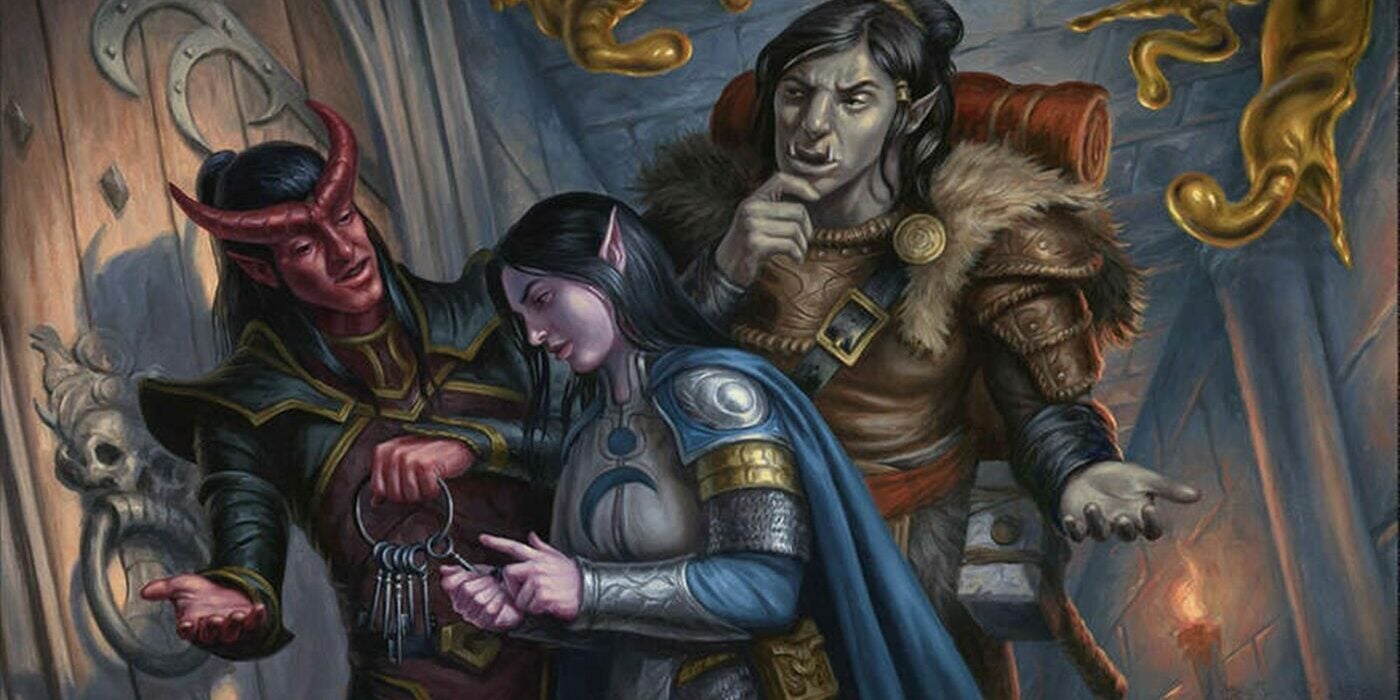
A natural extension of “get comfortable with the rules” is “get comfortable with your character.” And this is one of the places that will really make you feel like you’re getting better at D&D. Because a big part of it is knowing what your character can do.
When you know what your character is capable of, your combat turns might go faster, you might have more of an impact, and it just feels like you’re more engaged. And in D&D characters have a lot they can do. Beyond just their class features.
Knowing your proficiencies. Knowing the stuff your Background gives you and what your Feats all let you do. This is something that even experienced players can brush up on – I’ve played D&D for literal decades and I still have to make myself little notes to remind myself what my characters can do.
And that’s another thing, you don’t have to be this perfect repository of information. You don’t have to memorize squat – all you have to do is make it easy for you to access that information. Some people use spell cards, some people have spell slot tokens. Other people make shorthand notes about their battle master maneuvers. Or write out little “Reactions” sections a la a Monster Manual entry to keep the info handy and accessible.
Take Notes

Speaking of taking notes, that’s another great way to feel comfortable with what’s happening in your game. You don’t have to chronicle everything that happens from session to session. But it can be helpful to have some references – I start out most campaigns with the aspirational goal of taking dedicated notes, and usually what ends up happening is I make a list of NPCs that I am going to take petty vengeance on.
AND THAT STILL HELPS – because it keeps me engaged in the world. Because I know that my Rogue desperately needs to make the Viscount who insulted me come to understand the true meaning of suffering. Or at least get soveriegn glued to a wall while the party robs him blind.
Taking notes is just short hand for find a way to get yourself thinking about the world of the game. That will naturally make you more comfortable when playing in it. Because you’re thinking of where you are and what you’re doing and who you’re going to steal from or who you’re going to pin the blame for your latest crime on – and that will make you a “better” player. Or at least one who knows what’s going on.
Ask For Help / Talk With Your Friends
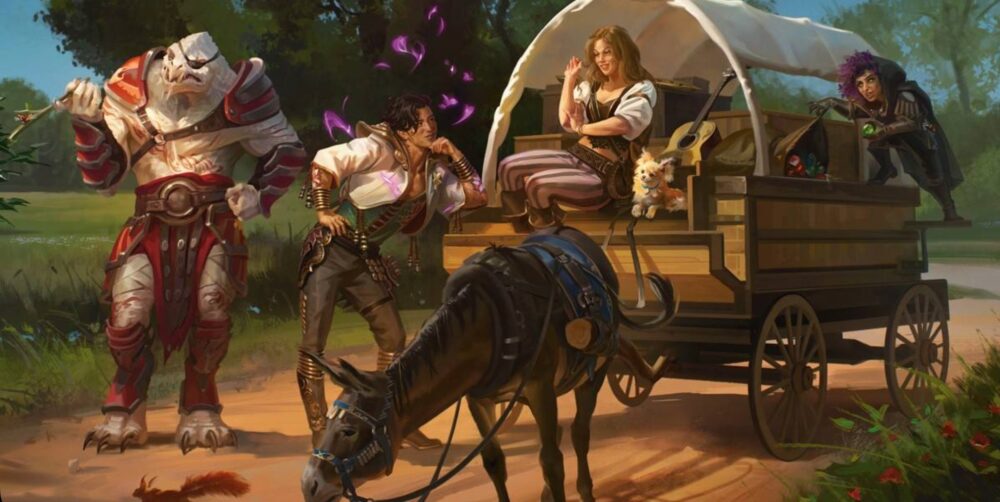
Nobody gets better in a vacuum. You can always ask your friends for help learning something tricky about the rules – though be careful, if you’re the friend being asked. Almost nobody wants you to play their character for them, they want to learn and make mistakes on their own.
Similarly, you can talk about the campaign. The ongoing adventure can be a fun topic to banter about in character, but you can also just talk around the table, or between sessions about what’s happening and again, it leads to more comfort with the concepts, more familiarity with the game and that will make you, arguably, a better player.
Take The Pressure Off
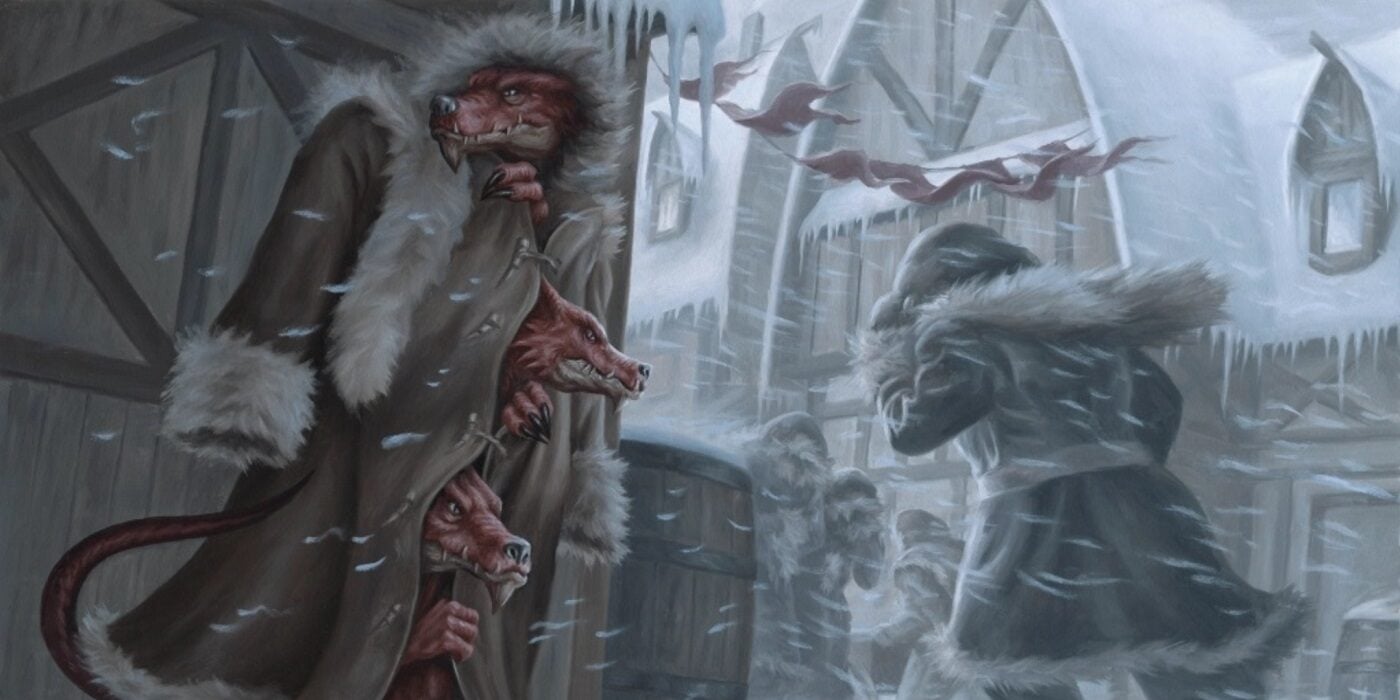
One last tip for folks looking to “get better” at D&D. Give yourself permission to get it wrong, to mess up, to even be a little goofy. There are tons of memes about how when you start off playing, you might try to make a “serious” character with a tragic backstory, and then once you’re making your 20th character, you play a weird little guy.
It is also true that when you set out to play someone with no pressure on, you often end up having the most dramatic experiences you can imagine. That’s just how it works out. But I think taking off the pressure of your own expectations can free up your character dynamic to grow organically. And that is a great way to feel like you’re getting better at D&D.
Happy adventuring!





